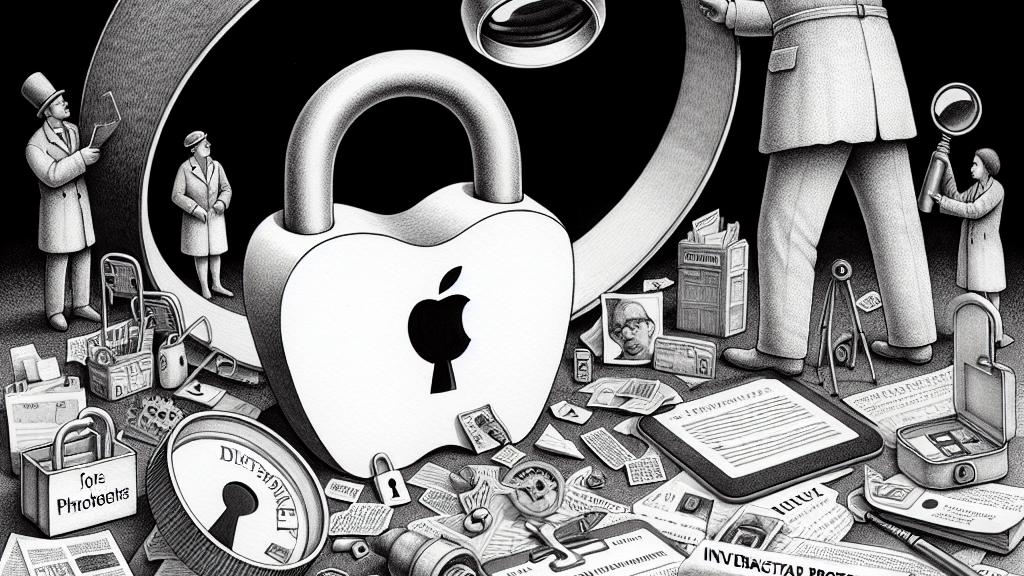Apple Ends Advanced Data Protection in the UK, Affecting User Privacy
Overview
- Apple's surprising decision to end Advanced Data Protection for UK users raises significant privacy concerns.
- The loss of end-to-end encryption means iCloud data is exposed to potential governmental access.
- Government demands for backdoors challenge fundamental user privacy and security worldwide.

A Bold Shift in Privacy Policy
In a bold and unexpected move, Apple announced it would discontinue its Advanced Data Protection (ADP) feature for iCloud users in the UK. This powerful tool was a lifeline for many, enabling individuals to keep their most sensitive information—such as cherished photographs, critical business documents, and private communications—safeguarded by robust end-to-end encryption. Essentially, this meant that the only person who could view this data was the user. However, after the UK government demanded access for law enforcement purposes, Apple faced a critical decision: comply with these invasive orders or uphold its promise of user privacy. Ultimately, Apple chose to remove the feature altogether, sending a resounding message about the complexities surrounding the intersection of personal security and government oversight.
The Gravity of Government Demands
The UK government’s request for a backdoor access to encrypted data under the Investigatory Powers Act signifies a worrisome trend toward intrusive governmental control over personal data. This request is more than just a bureaucratic maneuver; it fundamentally challenges the very tenets of individual privacy rights. Take, for example, the intimate moment of a parent sharing a photo of their child—it’s now overshadowed by the unsettling possibility of unwarranted access by authorities. Privacy advocates and legal experts have raised red flags, warning that this could lead to a slippery slope where user data becomes vulnerable to misuse. Should Apple yield to such pressures, we might start seeing similar demands from governments worldwide, jeopardizing the hard-won privacy rights that users have come to expect.
Implications for the Future of Data Security
Apple's decision touches on a broader narrative about the relationship between technology, personal rights, and national security. With the stakes so high, industry leaders—like Bruce Daisley—argue that acquiescing to one government sets a dangerous precedent that other countries may eagerly follow. This isn’t simply about the UK; it’s a pivotal moment that could reshape user privacy expectations globally. Consider this: if one major tech company caves in, other governments could easily believe they have the right to similar requests, resulting in widespread erosion of privacy protections. It’s crucial to remember that privacy isn’t just a tech issue; it’s a societal one. Every person, from students to executives, deserves the assurance that their personal information is not at risk of being arbitrarily accessed. The challenge now for users is to remain vigilant and advocate strongly for their rights in this ever-evolving digital landscape.

Loading...